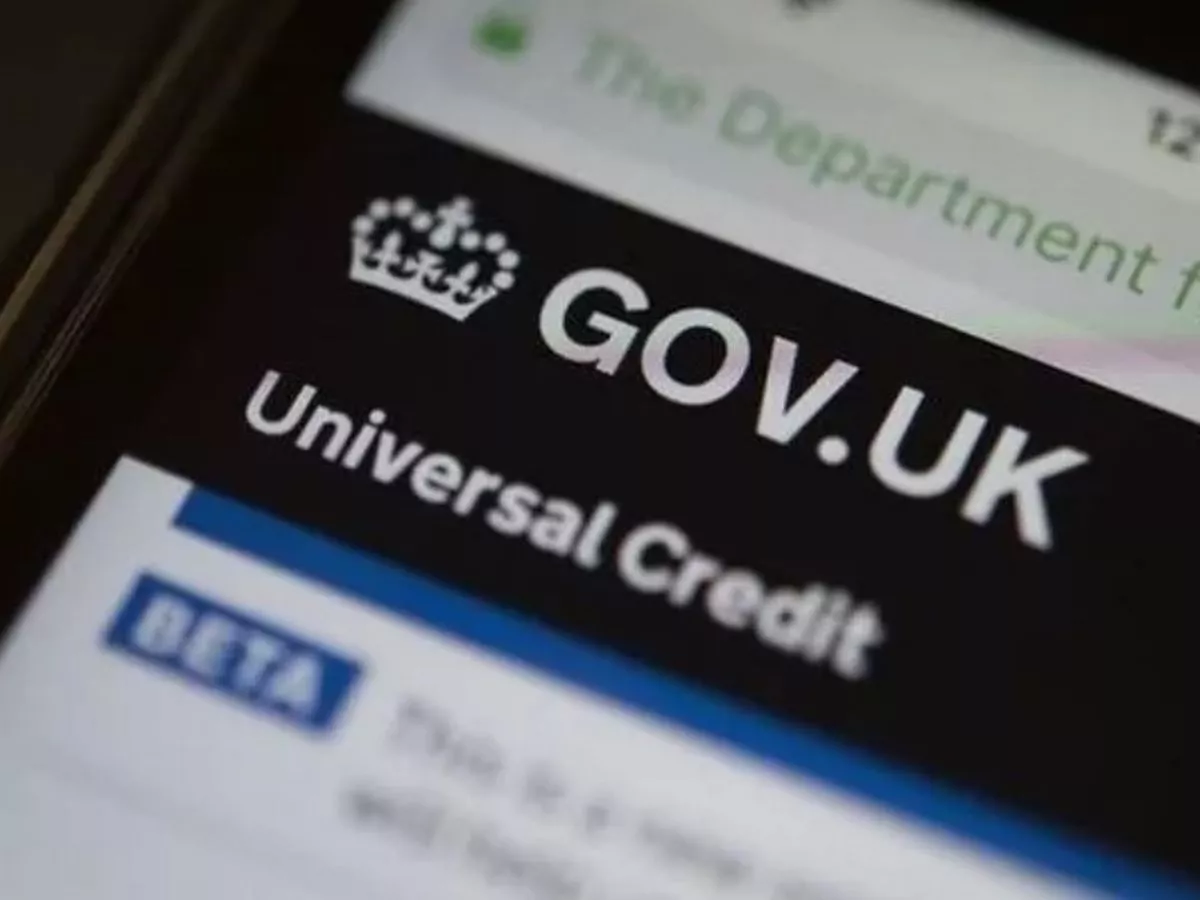Copyright birminghammail

The Department for Work and Pensions is bringing in some big changes to Universal Credit next year. The Universal Credit and Personal Independence Payment Bill 2024-25 was introduced on 18 June 2025. The bill would implement two changes announced in the March 2025 green paper Pathways to Work: Reforming Benefits and Support to Get Britain Working that would reduce spending on health and disability benefits. The Bill will increase the Universal Credit standard allowance above inflation for the next four years - worth an estimated £725 by 2029/30 for a single adult aged 25 or over. READ MORE State pensioners getting free £150 separate to Winter Fuel Payment this week And the Bill will cut the health top-up for new claims to £50 per week from April 2026, the DWP has said. It'll ensure that all existing recipients of the Universal Credit health element - and any new claimant meeting the Severe Conditions Criteria and/or that has their claims considered under the Special Rules for End of Life (SREL) - will receive the higher Universal Credit health payment after April 2026. It will also bring in exemptions from reassessment for those with the most severe, lifelong conditions. All UC awards include a standard allowance worth £400.14 a month for single people aged 25 and over, with different rates for couples and people under 25. Those with disabilities and health conditions which significantly affect their capability to work can also get a ‘health element’ of £423.27 a month. The bill would increase the standard allowance above inflation over four financial years from 2026/27. By 2029/30, it would be 4.8% higher than it would have been under the normal practice of annual inflation-related increases. The UC health element would be roughly halved for most new recipients from 6 April 2026 from £432.27 a month to £217.26, then frozen for four years. Existing recipients entitled before 6 April 2026 would have their health element protected from this cash reduction, but it would still be frozen each year to 2029/30. New claimants claiming under special terminal illness rules, and people with the most severe and lifelong conditions would also receive this protected rate, even if they become entitled after April 2026. The government argues this would “rebalance payment levels in Universal Credit to support people towards work, address perverse incentives and to start to improve basic adequacy." In 2029/30, 6.7 million UC claimants would benefit from the higher standard allowance, which would by then be over £21.10 a month higher for single claimants aged 25 and over than it would be without increases provided for in the bill. However, for the vast majority of the 2.9 million households receiving a health element, the increase in the standard allowance would be more than offset by the reduction in the health element. Claimants receiving the unprotected health element rate would have significantly lower entitlements.



